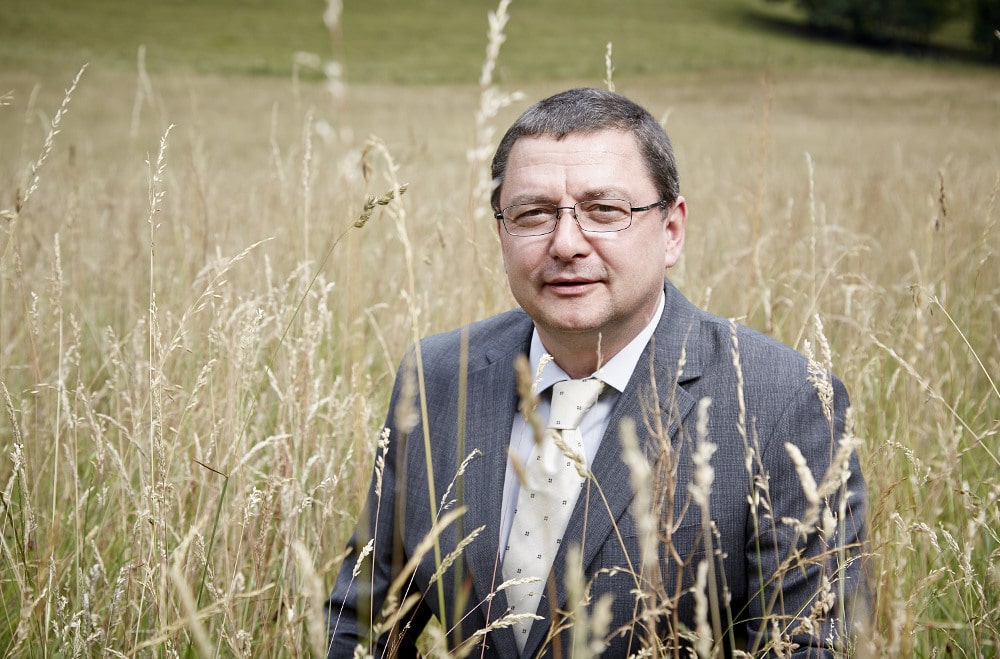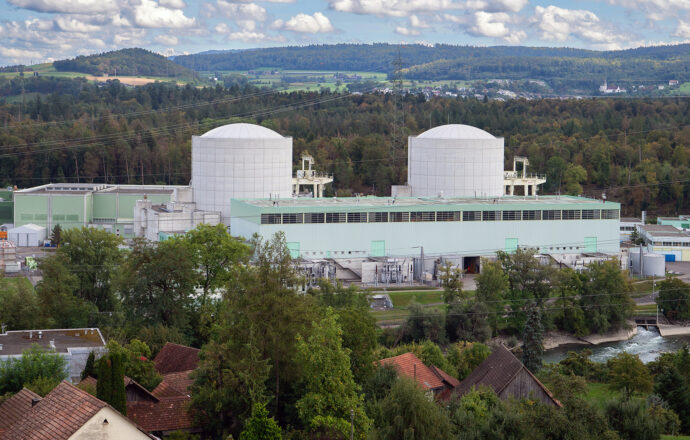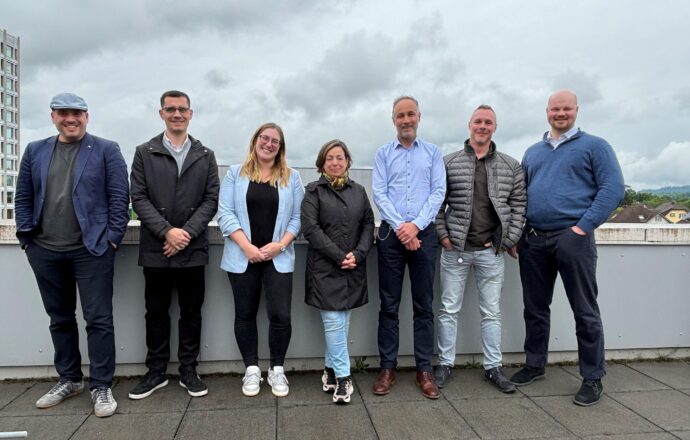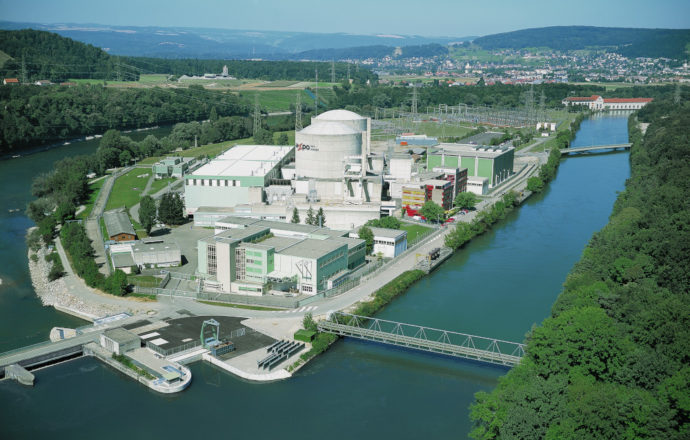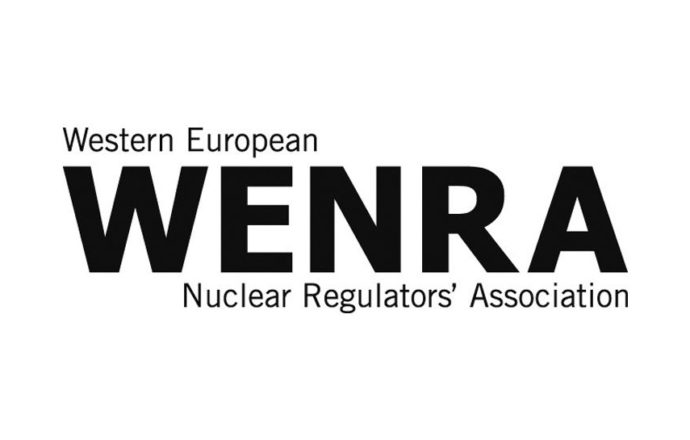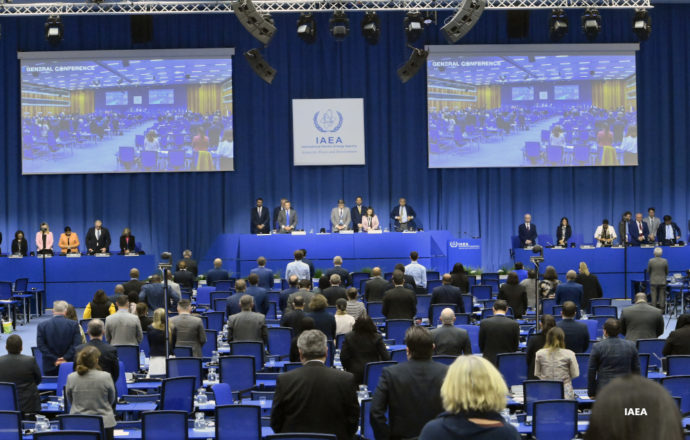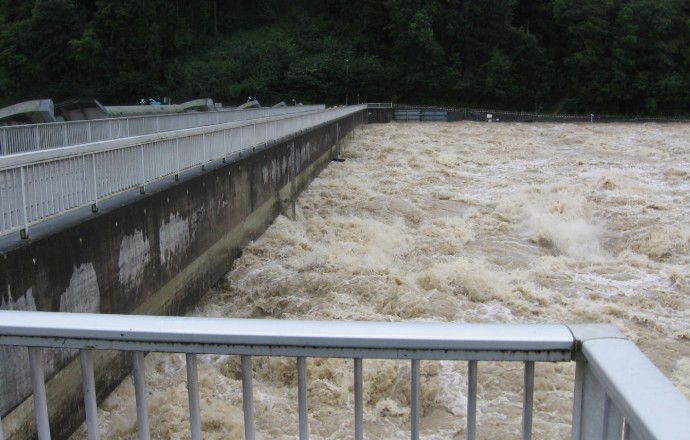Torsten Krietsch, Head of the Decommissioning section
Independently of political decisions, nuclear power plants sooner or later reach the end of their lifetime for technical reasons. The cessation of operations does not mean that the hazardous potential disappears at the same time. The fuel assemblies first have to cool and must then be safely disposed of. Activated concrete and steel elements continue to emit radiation.
This is why ENSI experts are concerned with the post-operative phase and the dismantling of nuclear installations and also with the associated technical safety requirements. In this connection they evaluate the plans of operators of nuclear installations who are responsible for safety, oversee local dismantling and coordinate the inclusion of various other authorities, such as in the area of conventional environmental protection and occupational safety.
In Switzerland research reactors have already been decommissioned; however a decommissioning project for a commercial nuclear power plant is far more complex. Good preparation is vital here. ENSI specialists follow international trends in the field of decommissioning, especially the progress made in demolition techniques and developments in approval and decommissioning procedures. Co-operation with other countries, such as Germany, is of great importance in the field of decommissioning.
When Swiss NPP operators regularly present their decommissioning plans for their plants and the associated cost estimates, in accordance with the legal requirements, ENSI experts subject these documents to a thorough review. For ENSI it is technical aspects that are of greatest importance, as safety has priority.
